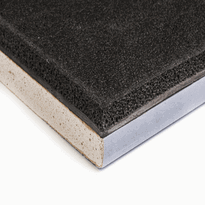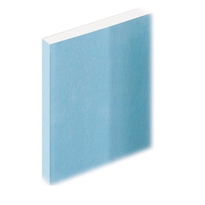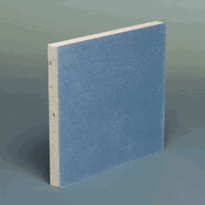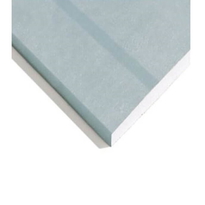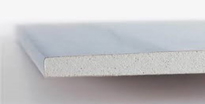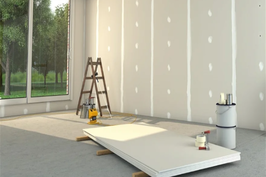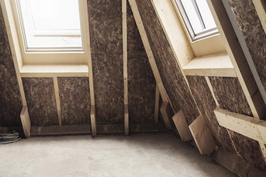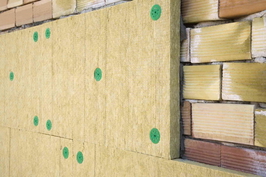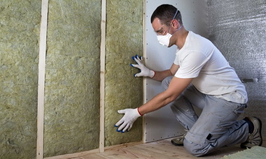Db Plasterboard
Db plasterboard, widely utilized in construction for interior walls and ceilings, consists of a gypsum core encased in paper or facing materials. The manufacturing process involves the extraction of raw gypsum, followed by calcination at temperatures between 150°C and 170°C to produce calcium sulfate hemihydrate. This is then mixed with water to form a slurry, which is dried and cut into standard sheet sizes.
The production of plasterboard adheres to strict quality standards, such as BS EN 13915, ensuring its durability, safety, and performance. Incorporating sustainable practices, including the recycling of waste materials, helps reduce environmental impact. Compliance with relevant regulations guarantees that plasterboard products meet necessary safety and quality requirements for various construction projects.
These essential production and environmental considerations highlight the importance of strict quality control and sustainable practices in the manufacturing of plasterboard for the UK construction sector.
Manufacturing Process and Raw Materials
The manufacturing process of drywall, commonly known as plasterboard, begins with the careful extraction and preparation of raw materials, primarily gypsum. Gypsum is mined from quarries or underground mines using conventional techniques, then crushed into smaller particles to facilitate processing. Impurities are removed to ensure high-quality material, and the crushed gypsum is transported to processing facilities for further treatment. Gypsum is a naturally occurring mineral, which makes it a sustainable raw material for manufacturing. At these facilities, gypsum undergoes calcination, where it's heated to a temperature of 150-170°C to remove water content, producing calcium sulfate hemihydrate. This dried form is then mixed with water, starch, and other additives designed to improve the board’s properties. These new mixtures are subsequently poured onto conveyor belts, forming a continuous sheet. The sheets are pressed to consolidate the material, then dried in kilns to remove residual moisture. Once dried, the plasterboard is cut into standard sizes suitable for distribution and installation across various building projects. This process ensures that the finished product meets quality standards for strength, flatness, and durability suitable for use in UK construction environments.
Quality Assurance and Standards
Ensuring quality in drywall production and installation is essential to guarantee safety, durability, and compliance with UK regulations. Implementing strict quality assurance procedures, including detailed checklists, helps verify that drywall materials meet required standards through thorough delivery inspections, dimension checks, and material quality assessments. Adherence to UK standards confirms that manufacturing processes and finished products satisfy legal requirements and industry best practices. Confirming that installation methods adhere to building regulations involves verifying proper alignment, appropriate screwing patterns, and safety standards. Compliance with recognized standards such as BS EN 13915 or local building codes ensures that materials conform to limits on sulphur content and are correctly labelled. Certifications from recognized bodies, like the GCC, further confirm that the products meet established standards. Conducting comprehensive pre- and post-installation inspections allows for the evaluation of fasteners, taping, and finishing practices, ensuring consistency in quality and safety. These structured procedures are vital in preventing accidents and safeguarding structural integrity.
Environmental Impact and Sustainability
Drywall production and disposal significantly impact the environment due to the materials and processes involved. Both natural and synthetic gypsum used in plasterboard manufacture contribute to high levels of carbon dioxide (CO?) emissions, with each sheet emitting approximately 12kg of CO?. Global CO? emissions are heavily influenced by construction and manufacturing sectors, including drywall production. Additionally, landfill disposal carries risks such as the release of hydrogen sulfide (H?S), which poses toxic and environmental hazards. Drywall is non-biodegradable and can remain in landfills for centuries, releasing sulfide gases that lead to soil and water contamination. To mitigate these impacts, the industry prioritizes several sustainable practices:
Increasing the proportion of recycled gypsum content to reduce emissions and waste.
Implementing closed-loop manufacturing systems that enable continuous recycling of materials.
Utilizing energy-efficient processes and sourcing sustainable gypsum supplies.
Enforcing regulations that restrict landfill disposal, alongside setting recycling targets.
Adopting these practices enhances sustainability by decreasing the environmental footprint of drywall production and disposal and aligns with responsible waste management standards recognized within the UK.
Conclusion
In summary, the manufacturing of plasterboard involves precise processes utilizing raw materials such as gypsum, additives, and paper facings, all subjected to strict quality standards to ensure durability and safety. The industry also emphasizes sustainability by implementing environmentally responsible practices, including recycling and minimizing emissions. Understanding these comprehensive procedures and standards is essential for ensuring the material’s performance and ecological impact, supporting informed decision-making in construction and construction-related industries.
